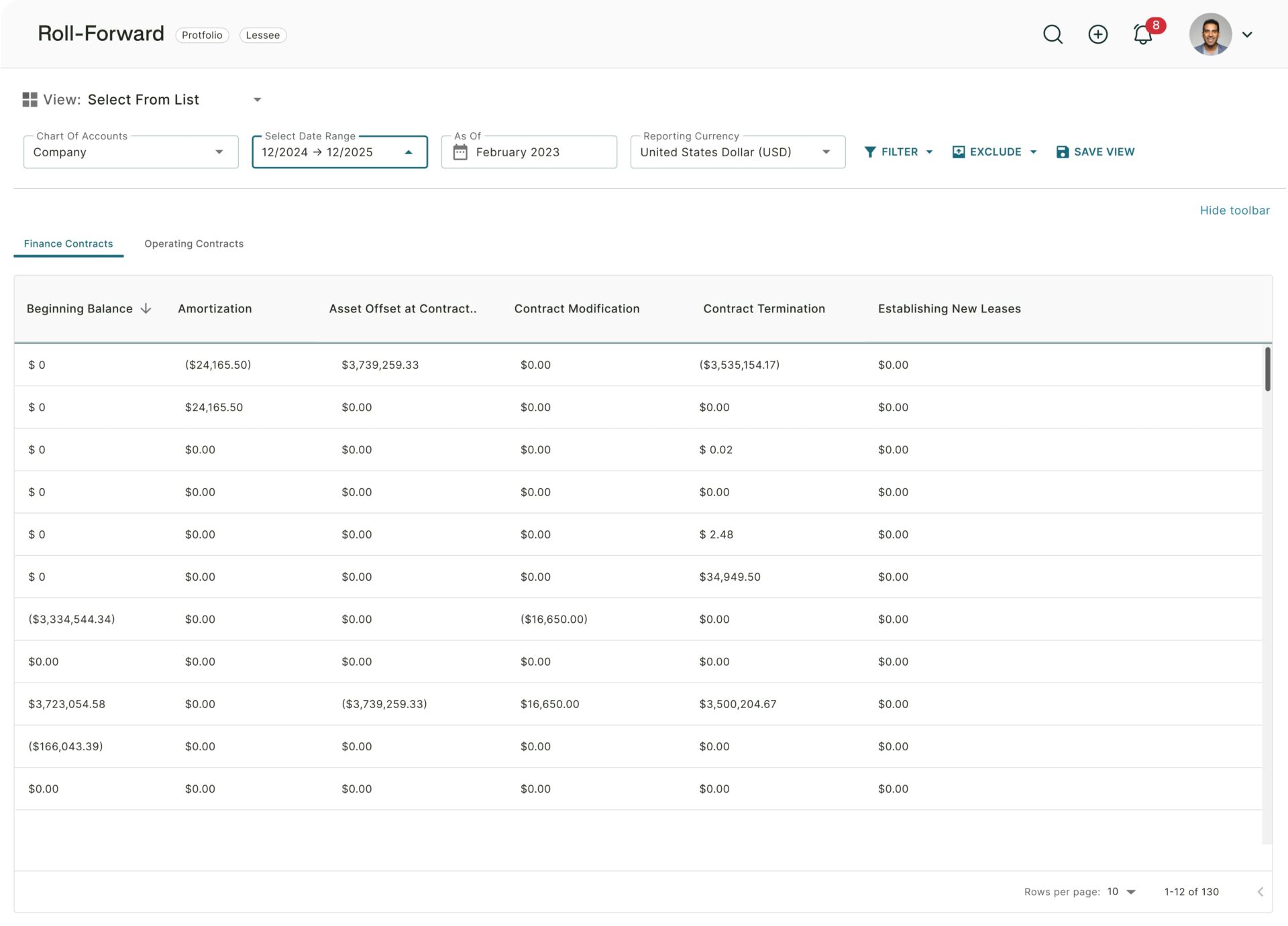Accountants – and, really, anyone working in the corporate world – have been hearing the same warning: “AI is coming for your job.” But new research from Stanford Graduate School of Business (GSB) shows something else.
AI isn’t replacing accountants. It’s shaping how they work – creating measurable productivity gains, improving reporting quality, and freeing up time for higher-value advisory work.
What the Stanford accounting study found
The Stanford research provides some of the earliest large-scale evidence of how generative AI is transforming accounting. To understand how AI is actually being used in accounting, the research team surveyed 277 accountants and paired those insights with field data from 79 small and mid-sized firms.
Key findings:
- The typical accountant uses AI tools a few times each week. About 10% integrate AI into their daily routines, and fewer than 10% have never tried it.
- Accountants who use AI manage 55% more clients, with 21% more billable hours.
- Accountants using AI save on average 3.5 hours every week on data entry.
- Companies using AI recorded a 12% increase in general ledger granularity and closed their books 7.5 days faster at month-end.
- Human judgment remains indispensable for validating outputs and ensuring compliance.
The takeaway: AI is giving accountants back time, expanding their capacity, and making their outputs sharper and timelier.
Why AI is different from past technology
Accounting has seen plenty of technology waves before. Spreadsheets sped up math. ERP systems organized data. Workflow automation reduced repetitive steps. But those systems all worked the same way: follow the rules you feed them.
Generative AI is different. It learns from unstructured data and surfaces patterns you didn’t explicitly program. Instead of just speeding up existing processes, AI is completely reshaping how accountants interact with information and exercise judgment.
When AI takes on repetitive work like data entry and reconciliations, it doesn’t erase the role of the accountant. It amplifies their ability to focus on analysis, communication, and strategic guidance.
Productivity gains and better reporting
AI-heavy users spend nearly 9% less time on data entry, saving about 3.5 hours per week. That time shifts to client communication, quality assurance, and analysis – allowing firms to broaden their service scope.
One of the more surprising findings is that efficiency came with improved quality:
- Firms saw a 12% increase in general ledger granularity – meaning more detailed, precise records.
- On average, they also closed their books a week faster.
More detail and speed mean better real-time decisions for clients, and stronger advisory roles for accountants.
Where AI is used most (and least) in accounting
Despite clear upsides, accountants remain cautious:
- 62% worried about AI-generated errors
- 43% cited data security as a concern
- 37% expressed anxiety over job stability
Even so, nearly half said AI helps them meet deadlines more reliably and improve accuracy, while two-thirds called automation of routine tasks the biggest benefit.
Today, adoption is highest in data entry (44%), business communication (43%), and administrative work (44%). Usage is far lower in advisory (15%) and quality assurance (27%) — areas that demand more judgment and expertise.
AI is already accelerating manual work:
- Data entry: OCR + NLP extract data from invoices, receipts, and contracts.
- Transaction analysis: AI processes large datasets to detect anomalies and patterns.
- Reconciliation: AI auto-classifies and matches transactions, reducing errors.
These efficiencies free accountants to focus on higher-value tasks. But accuracy still depends on strong data, proactive error management, and human oversight.
The role of human judgment
Research shows adoption is gradual because accountants often hesitate to override AI outputs, concerned about auditability and accountability. Still, feedback loops between humans and AI can drive cumulative productivity gains.
The Stanford study also highlights differences in usage:
- Experienced accountants leverage AI more strategically—intervening when confidence scores are low and correcting potential misclassifications.
- Less experienced accountants sometimes over-trust or underutilize AI, leading to smaller performance gains.
The bottom line: AI works best as a collaborative tool. It automates routine work, but professional oversight ensures accuracy, context, and compliance.
What this means for AI in accounting
Accounting is moving from operators to advisors, with AI as the accelerant. At Trullion, we see these dynamics every day. Our AI helps accountants handle tasks like cleaning data and extracting key terms from contracts – the very work Stanford identified as ripe for automation.
AI should act as a trusted assistant, while accountants remain the decision-makers. The future isn’t humans vs. AI. It’s humans with AI – a partnership that boosts productivity, safeguards judgment, and creates more meaningful work.
Ready to see this in practice? Book a demo.






